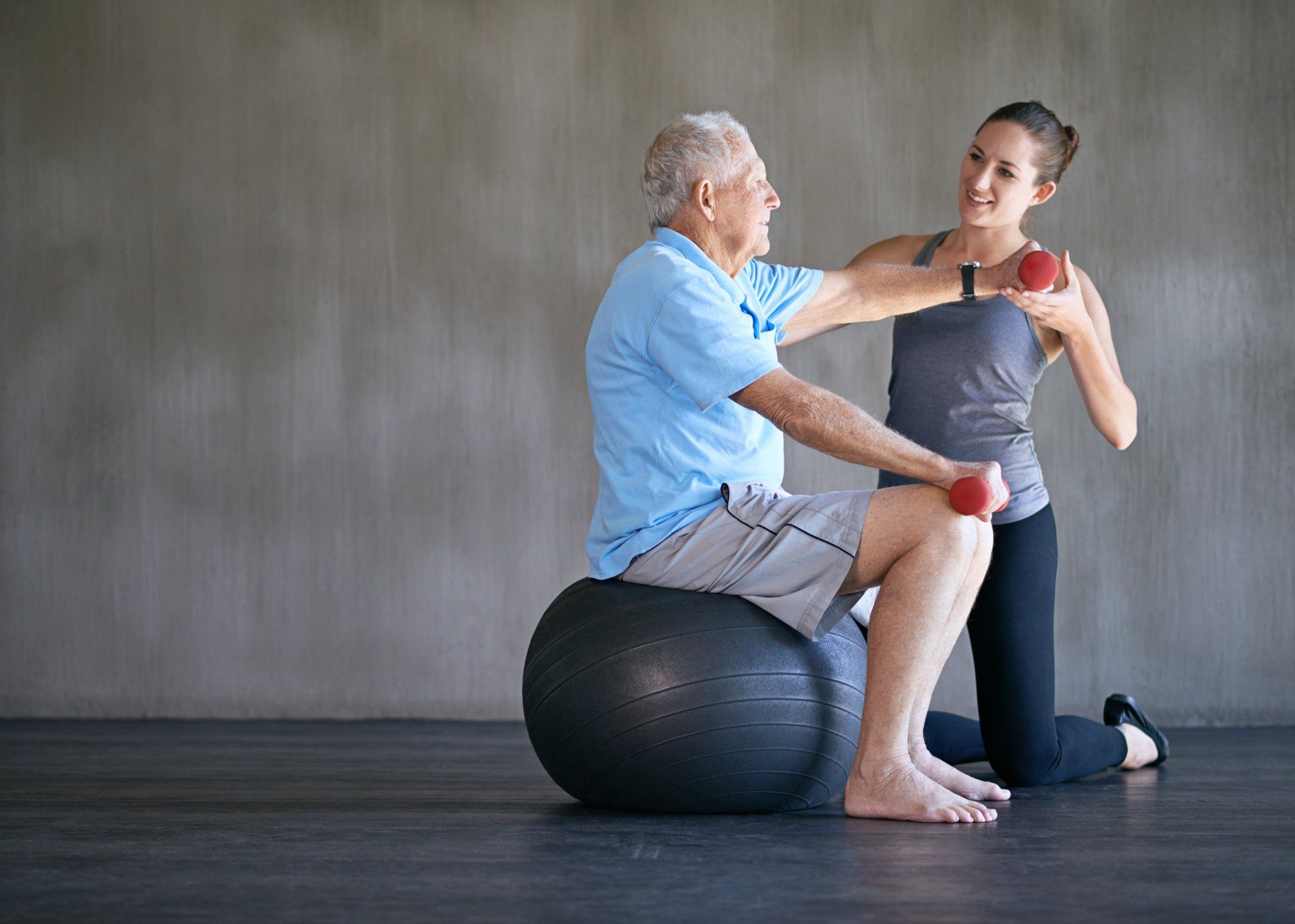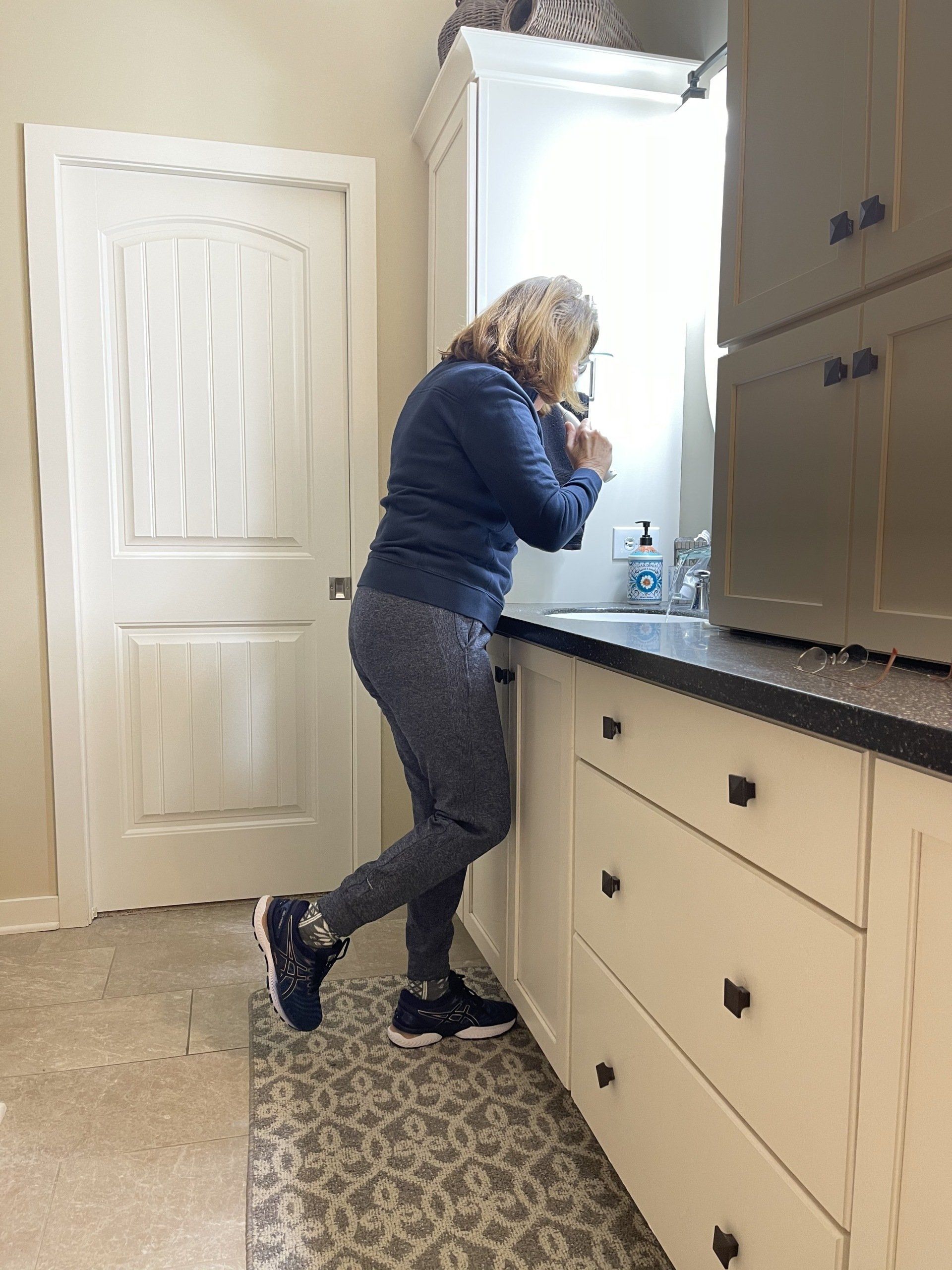Activities for Late Stage Dementia
Embrace the moment

There are a lot of reasons to engage people in the later stages of dementia in meaningful experiences. Activities are not merely entertainment. Meaningful activity forms the bedrock of meaning for people living with dementia and provides opportunities to use cognitive skills, improve relationships, improve feelings of calm and contentment. This can help foster improved sleep, appetite, communication, and mood.
Engagement activities are not just for the person living with dementia. They are for caregivers too! You will enjoy yourself and your relationship with the person living with dementia will improve when you choose activities that are enjoyable for the both of you.
Nature
No matter the season, being outside provides a whole body sensory experience including sounds, smells, and images of nature. If it is safe to do so, simply sitting, strolling, or being pushed in a wheelchair outdoors can be a calming experience. Experiencing natural light, especially before noon, helps with sleeping at night. If it is difficult to go outside due to mobility concerns, even sitting facing a window provides an opportunity to participate with the outside world. Something as simple as placing a bird feeder or wind chime outside of a convenient window can provide an engaging sensory experience.
Music
Music, especially favorite music from the past, can be especially enjoyable for those in the later stages of dementia. If you have a local radio station that fits the bill, you are in luck! Otherwise, subscription music streaming services such as Spotify can help you find whatever kind of music the individual may enjoy. You can also use an easy to use music player designed for people living with dementia.
If you’re looking to add some movement in your day, don’t just listen, dance! Invite the individual living with dementia to sway, clap, rock, and sing along! Memory for rhythm and lyrics persists much longer than other kinds of memory.
Massage
A hand, shoulder, or foot massage is a golden opportunity to show your care, reduce stress, and provide calming input to the body. We all need to experience physical touch for our health and well-being. Using lotions with calming (lavender, rose, vanilla) or alerting (citrus, peppermint) scents can help set the right tone. You can ask the person living with dementia to massage your hands too – it can be a nice way for them to show you their appreciation without having to use words.
Eating
Eating and savoring preferred foods is an excellent way to spend time together. Smells and tastes can bring back enjoyable memories. Provide foods that can be picked up with fingers. Bright red plates are visually stimulating and can improve food intake for individuals living with dementia.
Scents and Sounds
You can promote an energized, morning mood with the songs of birds chirping and a citrus or peppermint scent. Or promote a peaceful, relaxing mood with the sounds of a fireplace, ocean waves and lavender or vanilla. Try a combination essential oil diffuser with nature sounds to combine these sensory options. Natural essential oils used in a diffuser can provide a calming or alerting atmosphere.
Physical Activity
For those able to walk, it can be one of the best forms of whole body activity. Walk in a hallway, to the kitchen, or out to the garage. Although some care partners are concerned about falls, remember that falls are more likely to happen to people who don’t move very much. Keeping a consistent level of activity every day will prevent falls, not cause them to happen. If you a struggling to identify a safe movement plan, call us at 616.414.2271 for a 20 minute consultation with a physical therapist.
Things to Avoid
The sounds and images of television do not correspond with anything in the real world, which can be disorienting. The light from the TV can disrupt sleep cycles and should be avoided especially at least two hours before bed. If the individual living with dementia especially enjoys TV, offer familiar movies or TV shows from the person’s past, or programs without a plot such as musical concerts or nature programs.
Do not expect a person living with dementia to do things the same way they used to do them. Presenting hobbies or games enjoyed in the past can be an enjoyable experience, if the goal is to interact with the items in a easygoing way. However, it can lead to frustration if you ask the person living with dementia to participate in a way that is now too difficult for them. If you are struggling to identify what activities are appropriate for the person in your live living with dementia, give us a call at 616.414.2271. We can provide a free 20 minute dementia coaching phone consultation.
Bottom Line
People living in the later stages of dementia do have many challenges when engaging in meaningful activity due in part to difficulties with motor skills, memory, and problem solving. However, they still do have the ability to take part in and appreciate a wide range of sensory stimuli. Do not let the thought “but they might not remember this” get in the way of taking the opportunity to make a meaningful moment. The quality of an experience is not measured by how well it is remembered. Now is the time to let go or expectations and embrace what it’s like to be here now.
Wait, so what’s Geriatric Physical Therapy?





